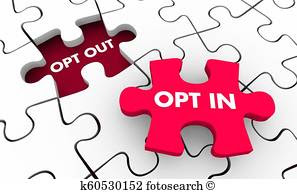Zucked by @Moonalice Opens the debate so we can find a better way.

Zucked: Waking Up to the Facebook Catastrophe . The next post will be Surveillance Capitalism vs Zucked - this one is just a quick review of Roger's book. Further to reading the book worth listen to Roger on Sam Harris https://samharris.org/podcasts/152-trouble-facebook/ As background: Roger McNamee is a Silicon Valley investor for thirty-five years. He was a former mentor to Facebook CEO Mark Zuckerberg and helped recruit COO Sheryl Sandberg. What you will read is how the BigTech (esp Facebook) amplify tribalism, allow “bad actors” to “harm democracy” and as there is no accountability there is an ever “shirking civic responsibility.” The book is how we got to this point and not really one on how to answer the problem (will come back to this below). The key point which might be missed is that mafia of funding giants, such as the Peter Thiel, Reid Hoffman and many others shape the culture of start-ups and models. Don't blame one person (company), the eco-system is not tak...


